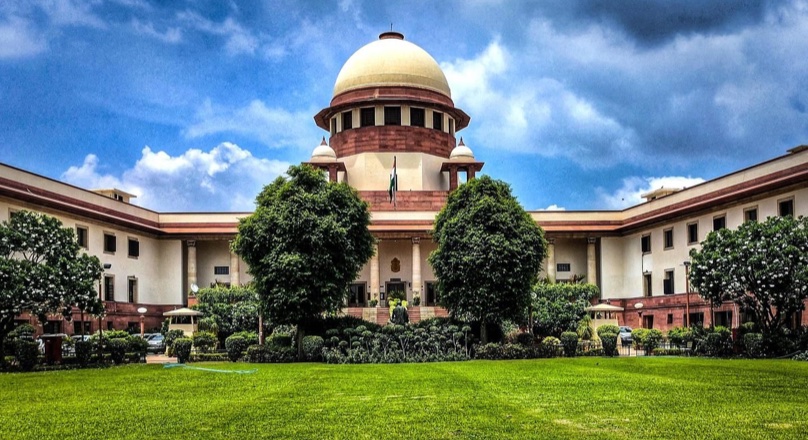The Supreme Court has taken a significant step by referring the plea filed by the State of Kerala against the Central government regarding alleged interference with the State’s borrowing and financial regulation powers to a Constitution bench. This move underscores the complexity and importance of the legal issues involved in the case.
A bench comprising Justices Surya Kant and KV Viswanathan framed six key questions of law, which they deemed suitable for consideration by the Constitution bench. These questions, besides constitutional interpretation, fall under Article 145 of the Constitution, warranting the involvement of a five-judge Constitution bench.
Despite this decision, the Court opted not to grant interim relief to Kerala, citing the balance of convenience favouring the Central government. The Court emphasized that the Union’s argument regarding potential reductions in subsequent years due to overborrowing held weight in terms of balance of convenience.
Additionally, the Court acknowledged that the Centre had already committed to releasing ₹13,068 crores following the Supreme Court’s intervention, highlighting some progress in resolving the dispute through legal avenues.
The recent verdict stems from a plea initiated by the Kerala government, alleging unwarranted interference by the Central government in the State’s authority to manage its finances effectively.
Filed in December last year, Kerala’s suit contends that certain restrictions imposed by the Centre on the State’s borrowing capacity have resulted in a backlog of unpaid dues, including salaries.
In response, the Central government refuted these claims, arguing that Kerala’s financial stability is compromised due to significant borrowings outside the official budget and a weakened fiscal framework.
Previously, on March 12, the bench suggested that the Central government extend a one-time financial package to Kerala, subject to stringent conditions, to alleviate the State’s current financial predicament. The bench urged officials from both the Centre and the State to engage in discussions to find a viable solution.
Subsequently, the Centre agreed to permit an additional borrowing of ₹5,000 crore. However, Kerala expressed dissatisfaction, asserting that this amount falls short of its minimum requirement, which stands at ₹10,000 crore.
Consequently, Kerala appealed to the Supreme Court to address its plea for interim relief and issue a corresponding order.



